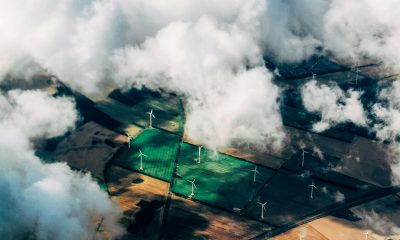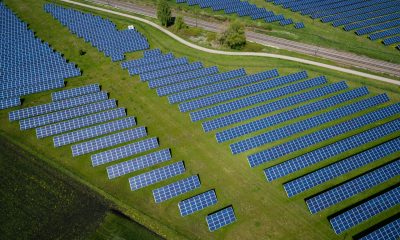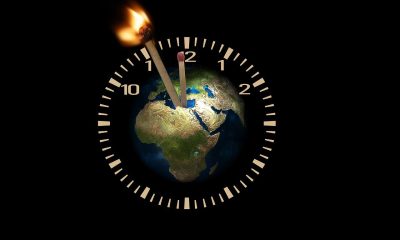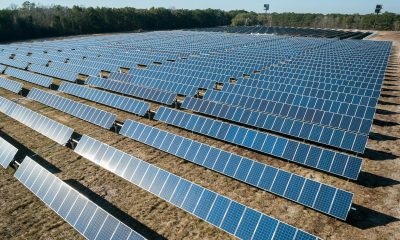Impact Investing
The Negative Impact of the Energy Transition in France on the State Budget by 2030
Controlling the costs of the energy transition is a real challenge for all governments tackling it. But despite these costs, the Treasury management in France recalls that in the long term, the transition will be beneficial to the economy and well-being, compared to the “status quo”, and it very strongly encourages strong anticipation of measures to be taken.
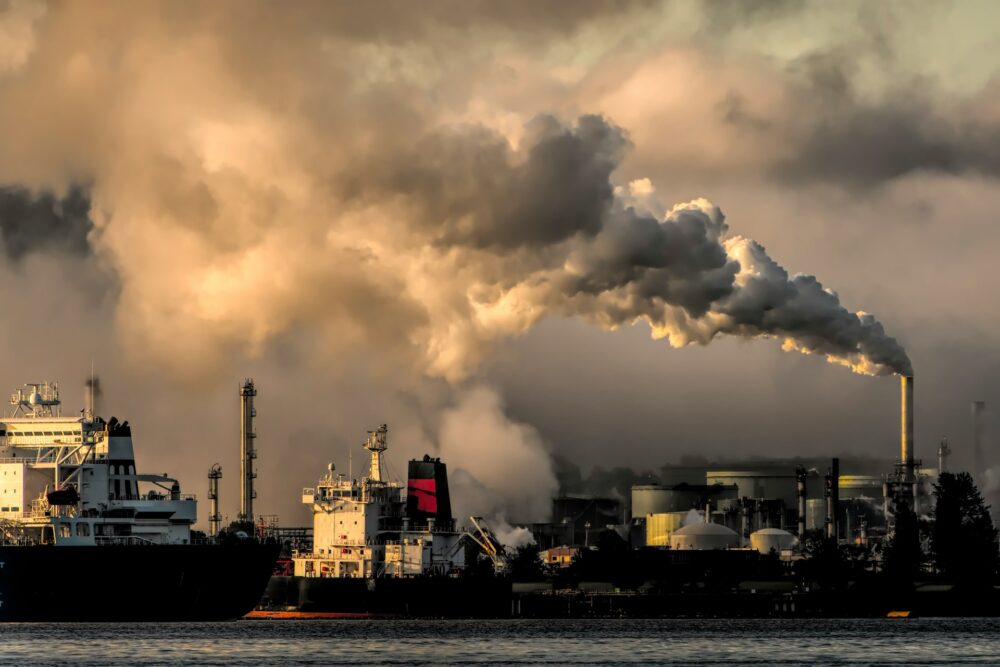
The energy transition is a process aimed at reducing dependence on fossil fuels and increasing the share of renewable energies in the energy mix. It also aims to reduce greenhouse gas emissions and combat global warming.
France has set ambitious objectives in terms of energy transition, in particular to reduce its CO2 emissions by 40% by 2030 compared to 1990, to increase the share of renewable energies in its final energy consumption to 32%. energy, and reduce its primary energy consumption by 50% by 2050.
Read more about the energy transition plans and how it will affect the countries budgets and find the latest business news of the day with our companion app Born2Invest.
Major environmental, societal and also budgetary challenges
While the energy transition presents undeniable environmental and social benefits, it also poses significant economic and financial challenges for the State. Indeed, the energy transition involves massive investments in infrastructure, technologies and energy networks, as well as public spending linked to aid, subsidies and tax incentives granted to those involved in the transition. According to the report of the High Council for the Climate published in June 2021, the annual cost of the energy transition in France is estimated at around 50 billion euros, including 20 billion borne by the State.
These expenses have a negative impact on the state budget, which must face a growing public deficit and a public debt which exceeds 100% of GDP. The context of the health crisis linked to Covid-19 has worsened the financial situation of the State, which has had to mobilize exceptional resources to support the economy and the sectors most affected by the pandemic. The public deficit reached 9.2% of GDP in 2020, and is expected to stand at 8.5% in 2021. Public debt increased by 15 points of GDP in 2020, to reach 115.7%. It is expected to continue to grow to reach 118% in 2021.
Necessary budgetary decisions
Faced with these budgetary constraints, the State must arbitrate between its different priorities, and in particular between financing the energy transition and that of other public policies, such as education, health, security or justice.
It must also ensure that it preserves its credibility with the financial markets, which lend it money to finance its deficit. It must also respect European rules on budgetary discipline, which require bringing the public deficit below 3% of GDP and stabilizing or reducing public debt.
Major challenge by 2030, and… a bit of “squaring the circle”!
The energy transition therefore represents a major challenge for the French State budget between now and 2030. It requires finding sustainable and effective sources of financing, which do not weigh too much on public finances or on the purchasing power of households.
It also involves strengthening coordination between the different levels of governance (State, local authorities, European Union) and the different actors (companies, associations, citizens) involved in the transition. Finally, it requires guaranteeing the social and territorial justice of the transition, by preventing certain territories or certain social categories from being penalized or excluded from the process.
Significant losses of tax revenue for the State
According to a report from the Directorate General of the Treasury, on the occasion of the Bercy Meetings devoted to the theme “Growth and climate”, the energy transition will lead to a loss of 13 billion euros in tax revenue for the French government by 2030 , because the exit from fossil fuels implies a reduction in taxes on fuels, a phenomenon due to the reduction in taxes on fossil fuels as the country moves away from them, and a loss of 30 billion by 2050.
These figures are part of the scenario of global warming limited to 1.5°, for which France and the European Union have made commitments to reduce their net greenhouse gas emissions by 55% in 2030. compared to 1990, and carbon neutrality in 2050.
A need for additional investments for the energy transition
The report also states that the transition will require additional investments of €110 billion per year, from the private and public sector, for decarbonization projects. It also highlights the need for strong anticipation and coordination in implementing the necessary measures. The transition presents significant economic and financial challenges for the government, which must balance its budgetary priorities and find sustainable sources of financing. It must also guarantee social and territorial justice in the transition process.
According to a report from the High Council for Climate (HCC), the annual cost of the energy transition in France is estimated at around 50 billion euros, with 20 billion borne by the State. This has a negative impact on the state budget, which must face a growing public deficit and a public debt exceeding 100% of GDP.
The HCC observes that the Scandinavian countries, whose electrification of the vehicle fleet began earlier, are already facing this phenomenon of revenue erosion, and that several European countries are responding by mobilizing more other sources of revenue within the road sector, such as urban tolls or the reduction of subsidies for electric vehicles as their purchase price falls.
Conclusion
Controlling the costs of the energy transition is a real challenge for all governments tackling it. But despite these costs, the Treasury management in France recalls that in the long term, the transition will be beneficial to the economy and well-being, compared to the “status quo”, and it very strongly encourages strong anticipation of measures to be taken.
__
(Featured image by Chris LeBoutillier via Unsplash)
DISCLAIMER: This article was written by a third party contributor and does not reflect the opinion of Born2Invest, its management, staff or its associates. Please review our disclaimer for more information.
This article may include forward-looking statements. These forward-looking statements generally are identified by the words “believe,” “project,” “estimate,” “become,” “plan,” “will,” and similar expressions. These forward-looking statements involve known and unknown risks as well as uncertainties, including those discussed in the following cautionary statements and elsewhere in this article and on this site. Although the Company may believe that its expectations are based on reasonable assumptions, the actual results that the Company may achieve may differ materially from any forward-looking statements, which reflect the opinions of the management of the Company only as of the date hereof. Additionally, please make sure to read these important disclosures.
First published in ActuFINANCE. A third-party contributor translated and adapted the article from the original. In case of discrepancy, the original will prevail.
Although we made reasonable efforts to provide accurate translations, some parts may be incorrect. Born2Invest assumes no responsibility for errors, omissions or ambiguities in the translations provided on this website. Any person or entity relying on translated content does so at their own risk. Born2Invest is not responsible for losses caused by such reliance on the accuracy or reliability of translated information. If you wish to report an error or inaccuracy in the translation, we encourage you to contact us

-

 Crypto1 week ago
Crypto1 week agoThe Crypto Market Rally Signals Possible Breakout Amid Political Support and Cautious Retail Sentiment
-
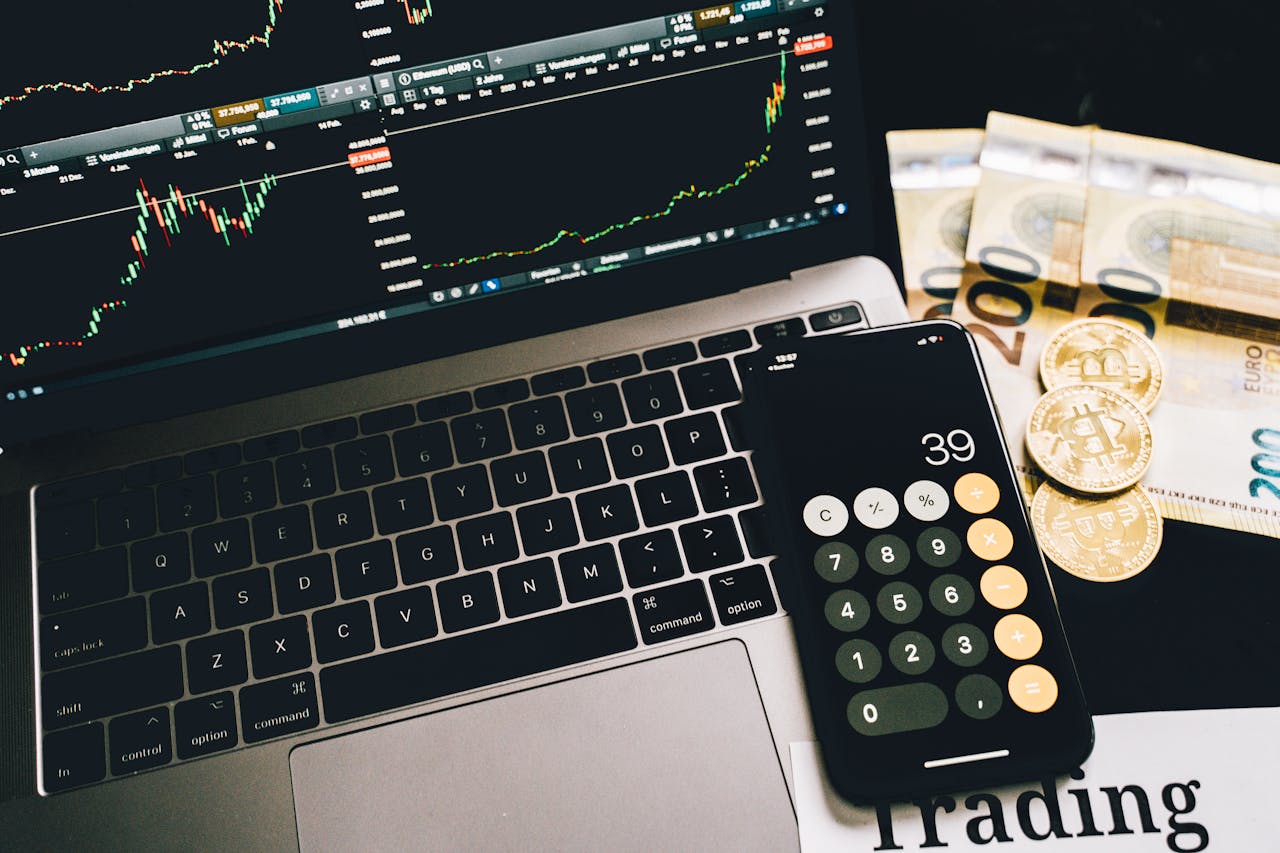
 Crypto4 days ago
Crypto4 days agoBitcoin Hits New Highs in USD, But Euro Investors See Limited Gains
-

 Crypto2 weeks ago
Crypto2 weeks agoXRP vs. Litecoin: The Race for the Next Crypto ETF Heats Up
-
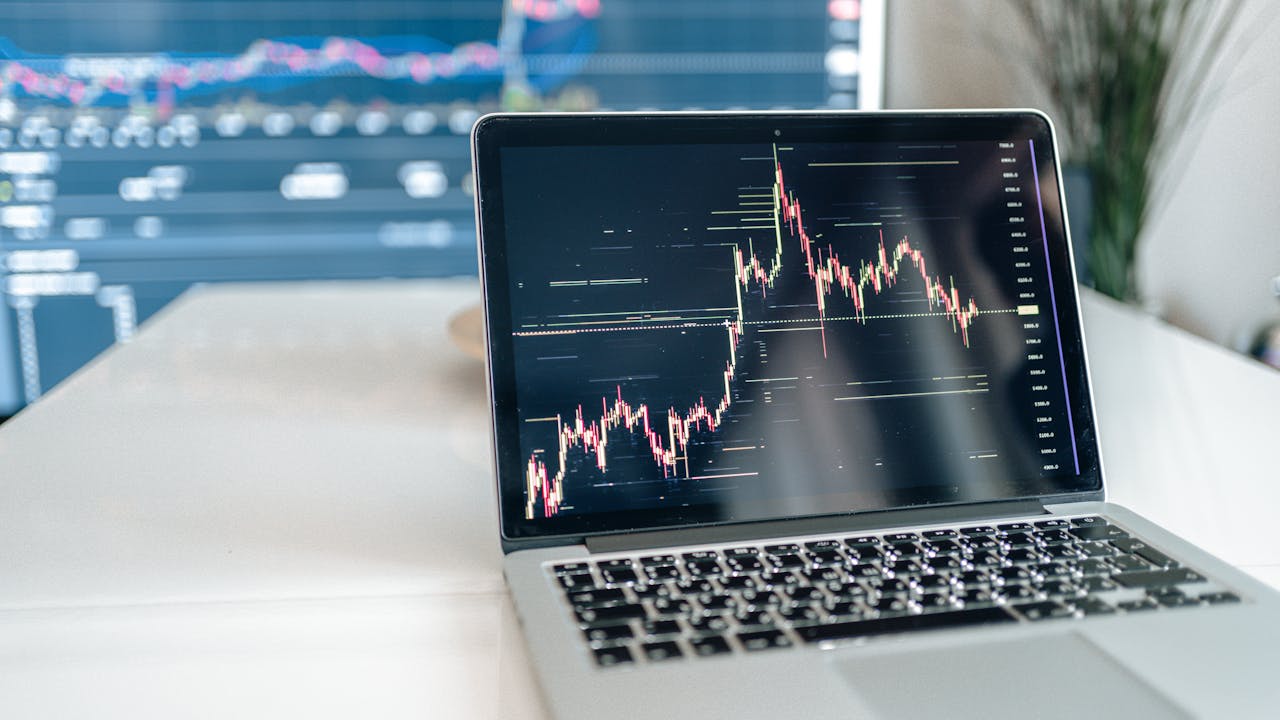
 Crypto1 day ago
Crypto1 day agoCrypto Markets Surge on Inflation Optimism and Rate Cut Hopes
